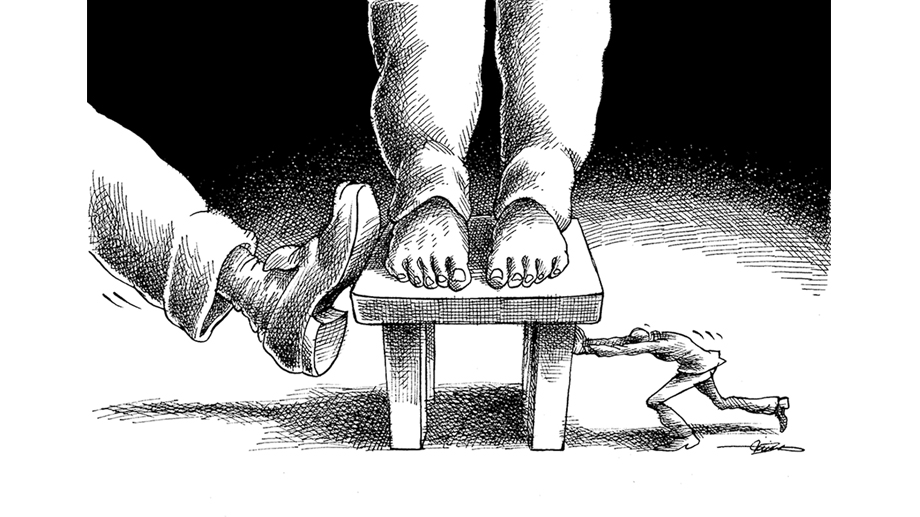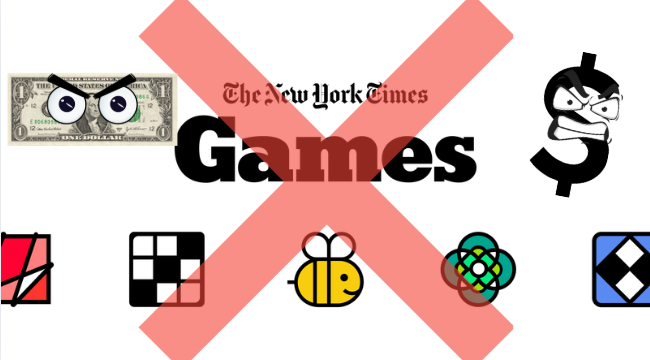On Jan. 25, 58-year-old Kenneth Smith, convicted for the murder-for-hire of a preacher’s wife committed in 1988, was executed by the inhalation of nitrogen gas, otherwise known as nitrogen hypoxia, which is a first for the U.S. The process took a total of 22 minutes. Witnesses watched Smith have seizure-like movements, convulse, pull against the restraints, and heavily breathe before passing away. The execution should have occurred much quicker, taking only seconds for Smith to inhale the nitrogen and die. Critics have begun questioning whether this method of execution is both humane and painless after the nature of Smith’s death. There are many problems with how death sentences are being carried out in the U.S., the least of which being how challenging the process has become for the states. The bigger issue is the role race plays in the criminal justice system and how it affects the death penalty.
Today, black people make up 31% of the U.S. population but also make up 53% of the death row inmates in prison right now. Those percentages clearly do not match; if black people make up 31% of the population, in theory, they should make up less of a percentage of the inmates on death row. If the prison system is supposed to reflect our society, why doesn’t it?
The answer to that question is because the justice system, and in turn, the system the death penalty operates on, is biased against minorities in general. Studies have shown that race plays a role in deciding whether or not a defendant will be sentenced to the death penalty or not. Executions carried out for the murder of a white person where the defendant is a black person significantly outweigh the number of executions made for cases where the defendant is white. In the 1980s professor David Baldus found that prosecutors in Georgia gave the death penalty for 70 % of black defendants with white victims, but for only 15% of white defendants with black victims. Although those findings date back to the 1980s, they still apply to today’s world.
To say race hasn’t bled into the courtroom would be ignorant, as it has led to too many black people being executed while white people get lesser punishment for committing the same crime. Time and time again, we have seen the justice system fail minorities and this takes a direct path into the death penalty. It is important to acknowledge the bias minorities like black people, who only make up a fraction of our population, face because the reality is that our broken justice system has affected U.S. minorities. This is one of the various reasons the death penalty has been put under extreme scrutiny and been abolished in many states.
Not only does the death penalty have a bias against minorities, but more broadly, the death penalty system has proven to be inaccurate in determining the guilt of those who have been sentenced to death. Since 1973, at least 196 people who have been wrongfully convicted and sentenced to death in the U.S. have been later exonerated, meaning they have been proven innocent after the fact. In a perfect world, the justice system would have no flaws and everyone would get fair punishment and representation, but in truth, we live in a world filled with mistakes and unfortunate events.
Mistakes made during the death penalty process are detrimental to those being executed because there is no going back once a person is dead. Errors made during that process can be traced back to many things, the main one being representation. Every person being convicted of a crime has the right to an attorney, but not all attorneys are necessarily precise or skillful enough. Over 99% of the people on death row are poor and come from underprivileged backgrounds, according to one U.S. Appeals Court judge. Adequate representation in the courtroom isn’t always enough to get someone who shouldn’t be on death row off death row, and in order to get that representation, you need to be able to afford it. Many lower-class defendants are unable to afford the expensive representation that would get them off death row, so they have no choice but to stay on it. Repeatedly, they await their deaths, knowing they could have lived if they were able to afford higher-trained professionals who would never allow details that could prove them innocent to slip through the cracks, and because of this, the cycle of poverty-stricken Americans being executed for things they shouldn’t have continues.
23 states in the U.S., including Illinois, have put a stop to the effects of the flawed system the death penalty leads, but there are still 27 and many countries that have yet to make the change. The European Union, and countries like Nicaragua, France, Norway, and Capa Verde have abolished the death penalty for all crimes. The European Union which is comprised of countries like Austria, Spain, and Poland, recently adopted legislation that prohibits trade in goods that can be used for torture and execution. Such goods include barbiturate agents, used in lethal injections for the execution of human beings. This ban caused a shortage of lethal injection materials, which led to the United States having to jump through hurdles in order to continue carrying out injection.
States like Alabama, Texas, and Louisiana have continued to use the death penalty as a form of punishment, even though it is significantly harder to acquire the materials needed. This perseverance has shown to put them in bad company with countries like China, Iran, and Saudi Arabia, which historically have been incredibly oppressive towards their citizens and are unsupportive regarding basic human rights. As Americans, who take pride in our freedoms, the continuation of the death penalty is not worth it if it means that we are put into the same boat as countries that stand against our basic beliefs. Instead, the United States as a whole should band together to put an end to the death penalty, which has affected many greatly in inexplicable ways, and allow our country to take a leap in the right direction.










Cynthia Fey • Feb 9, 2024 at 3:07 pm
AMEN! The “death penalty” is a barbaric remnant of a harsher time. The U.S. should have outgrown this despicable practice by now. Every other educated country has banned revenge by policy. Now is the time for us to join the ranks of the enlightened, humane world. One single wrongful conviction and execution drips blood on the hands of our unjust system.